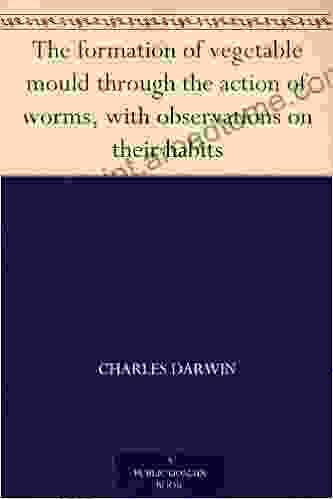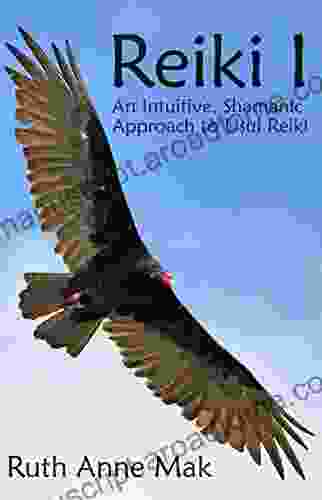The Formation Of Vegetable Mould Through The Action Of Worms With Observations: Unveiling The Hidden Wonders Of Nature

In the vast panorama of natural processes, few are as intriguing or consequential as the formation of soil. Soil, the lifeblood of terrestrial ecosystems, provides sustenance to plants, harbors a myriad of organisms, and regulates the Earth's climate. While scientists and farmers have long recognized the importance of soil, it was Charles Darwin's groundbreaking work, "The Formation of Vegetable Mould Through the Action of Worms," that shed unprecedented light on the hidden forces responsible for its formation.
Darwin's Pioneering Observations
Published in 1881, "The Formation of Vegetable Mould Through the Action of Worms" is a testament to Darwin's keen observational skills and meticulous scientific method. Through years of patient observation and experimentation, Darwin amassed irrefutable evidence of the extraordinary role earthworms play in shaping the soil beneath our feet.
4.2 out of 5
| Language | : | English |
| File size | : | 405 KB |
| Text-to-Speech | : | Enabled |
| Screen Reader | : | Supported |
| Enhanced typesetting | : | Enabled |
| Word Wise | : | Enabled |
| Print length | : | 344 pages |
| Lending | : | Enabled |
Darwin's experiments involved placing earthworms in enclosures filled with different types of organic matter, such as leaves, paper, and manure. He meticulously recorded the worms' behavior, their rates of consumption, and the resulting changes in the organic matter. His findings revealed that earthworms consume vast quantities of organic material, passing it through their digestive system and excreting it as nutrient-rich castings.
The Worm's Role in Soil Formation
Darwin's observations extended beyond the worms' feeding habits. He recognized that earthworms' burrowing and tunneling activities aerate the soil, creating channels for water and air to penetrate. This aeration promotes root growth, enhances nutrient availability, and improves drainage.
Furthermore, earthworm castings are not merely waste products. They are rich in nutrients and minerals, providing essential nourishment for plants. Darwin's experiments demonstrated that plants grown in soil enriched with earthworm castings exhibited greater growth and vigor compared to those grown in untreated soil.
The Ecological Significance of Worms
Darwin's work not only elucidated the role of earthworms in soil formation but also highlighted their ecological significance. He recognized that earthworms are integral members of ecosystems, playing a pivotal role in nutrient cycling, seed dispersal, and the maintenance of soil structure.
Earthworms contribute to the decomposition of organic matter, releasing nutrients back into the environment and making them available for other organisms. They also disperse seeds through their castings, aiding in plant regeneration and the spread of plant species.
Applications in Agriculture and Land Management
Darwin's findings have had far-reaching implications for agriculture and land management practices. Understanding the role of earthworms in soil health has led to the development of sustainable farming techniques that promote earthworm populations and improve soil fertility.
Vermicomposting, a process that utilizes earthworms to decompose organic waste, has gained popularity as an environmentally friendly method of waste management and soil amendment. By harnessing the power of earthworms, vermicomposting reduces landfill waste, creates nutrient-rich compost, and enhances soil quality.
"The Formation of Vegetable Mould Through the Action of Worms" is a seminal work that transformed our understanding of soil formation and the role of earthworms in ecosystems. Darwin's meticulous observations and experiments revealed the hidden wonders beneath our feet, highlighting the vital importance of these humble creatures in shaping the natural world.
Today, Darwin's legacy continues to inspire scientists, farmers, and environmentalists alike. His work serves as a reminder of the interconnectedness of nature and the profound impact that seemingly insignificant organisms can have on the health of our planet.
4.2 out of 5
| Language | : | English |
| File size | : | 405 KB |
| Text-to-Speech | : | Enabled |
| Screen Reader | : | Supported |
| Enhanced typesetting | : | Enabled |
| Word Wise | : | Enabled |
| Print length | : | 344 pages |
| Lending | : | Enabled |
Do you want to contribute by writing guest posts on this blog?
Please contact us and send us a resume of previous articles that you have written.
 Book
Book Novel
Novel Page
Page Chapter
Chapter Text
Text Story
Story Genre
Genre Reader
Reader Library
Library Paperback
Paperback E-book
E-book Magazine
Magazine Newspaper
Newspaper Paragraph
Paragraph Sentence
Sentence Bookmark
Bookmark Shelf
Shelf Glossary
Glossary Bibliography
Bibliography Foreword
Foreword Preface
Preface Synopsis
Synopsis Annotation
Annotation Footnote
Footnote Manuscript
Manuscript Scroll
Scroll Codex
Codex Tome
Tome Bestseller
Bestseller Classics
Classics Library card
Library card Narrative
Narrative Biography
Biography Autobiography
Autobiography Memoir
Memoir Reference
Reference Encyclopedia
Encyclopedia David Lachapelle
David Lachapelle Darcy O Brien
Darcy O Brien Frank J Korn
Frank J Korn Demi Moore
Demi Moore Tiffany Dawn Kohnen
Tiffany Dawn Kohnen Charles Lewinsky
Charles Lewinsky Fatima Naqvi
Fatima Naqvi Todd Miller
Todd Miller Jennifer A Reich
Jennifer A Reich Cathy Hope
Cathy Hope Jeff Galloway
Jeff Galloway Chris Tiegreen
Chris Tiegreen Cecil B Hartley
Cecil B Hartley Chad Bird
Chad Bird Charlotte Cho
Charlotte Cho Chad Strong
Chad Strong Gonzalo Lizarralde
Gonzalo Lizarralde Joseph Sandler
Joseph Sandler Gavin Ford
Gavin Ford Cheryl Meyer
Cheryl Meyer
Light bulbAdvertise smarter! Our strategic ad space ensures maximum exposure. Reserve your spot today!

 Stanley BellFinance For Non Finance Executives Issn: Unlocking the Secrets of Finance for...
Stanley BellFinance For Non Finance Executives Issn: Unlocking the Secrets of Finance for... Rob FosterFollow ·9.2k
Rob FosterFollow ·9.2k Greg CoxFollow ·2.3k
Greg CoxFollow ·2.3k Gil TurnerFollow ·2k
Gil TurnerFollow ·2k Robert Louis StevensonFollow ·17.4k
Robert Louis StevensonFollow ·17.4k Tyler NelsonFollow ·19.2k
Tyler NelsonFollow ·19.2k Wayne CarterFollow ·4.8k
Wayne CarterFollow ·4.8k Demetrius CarterFollow ·11.1k
Demetrius CarterFollow ·11.1k George Bernard ShawFollow ·15k
George Bernard ShawFollow ·15k
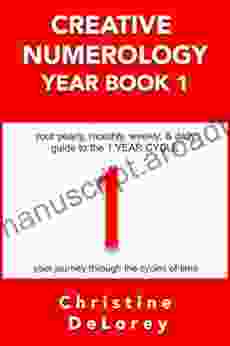
 Esteban Cox
Esteban CoxYour Yearly Monthly Weekly Daily Guide To The Year Cycle:...
As we navigate the ever-changing currents...
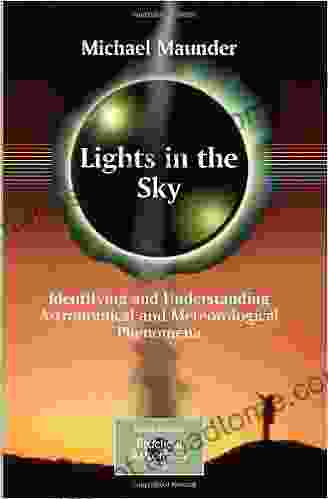
 George Orwell
George OrwellIdentifying and Understanding Astronomical and...
Prepare to embark on an extraordinary...

 Arthur Conan Doyle
Arthur Conan DoyleYour Yearly Monthly Weekly Daily Guide to the Year Cycle:...
Welcome to "Your Yearly Monthly Weekly Daily...
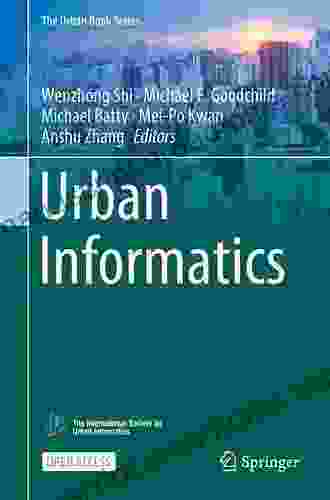
 Steve Carter
Steve CarterUrban Informatics: Unlocking the Secrets of Smart Cities...
An In-Depth Exploration of Urban...

 Henry Hayes
Henry HayesUnveil the Secrets of the Order of the Solar Temple: A...
In the realm of secret...
4.2 out of 5
| Language | : | English |
| File size | : | 405 KB |
| Text-to-Speech | : | Enabled |
| Screen Reader | : | Supported |
| Enhanced typesetting | : | Enabled |
| Word Wise | : | Enabled |
| Print length | : | 344 pages |
| Lending | : | Enabled |


